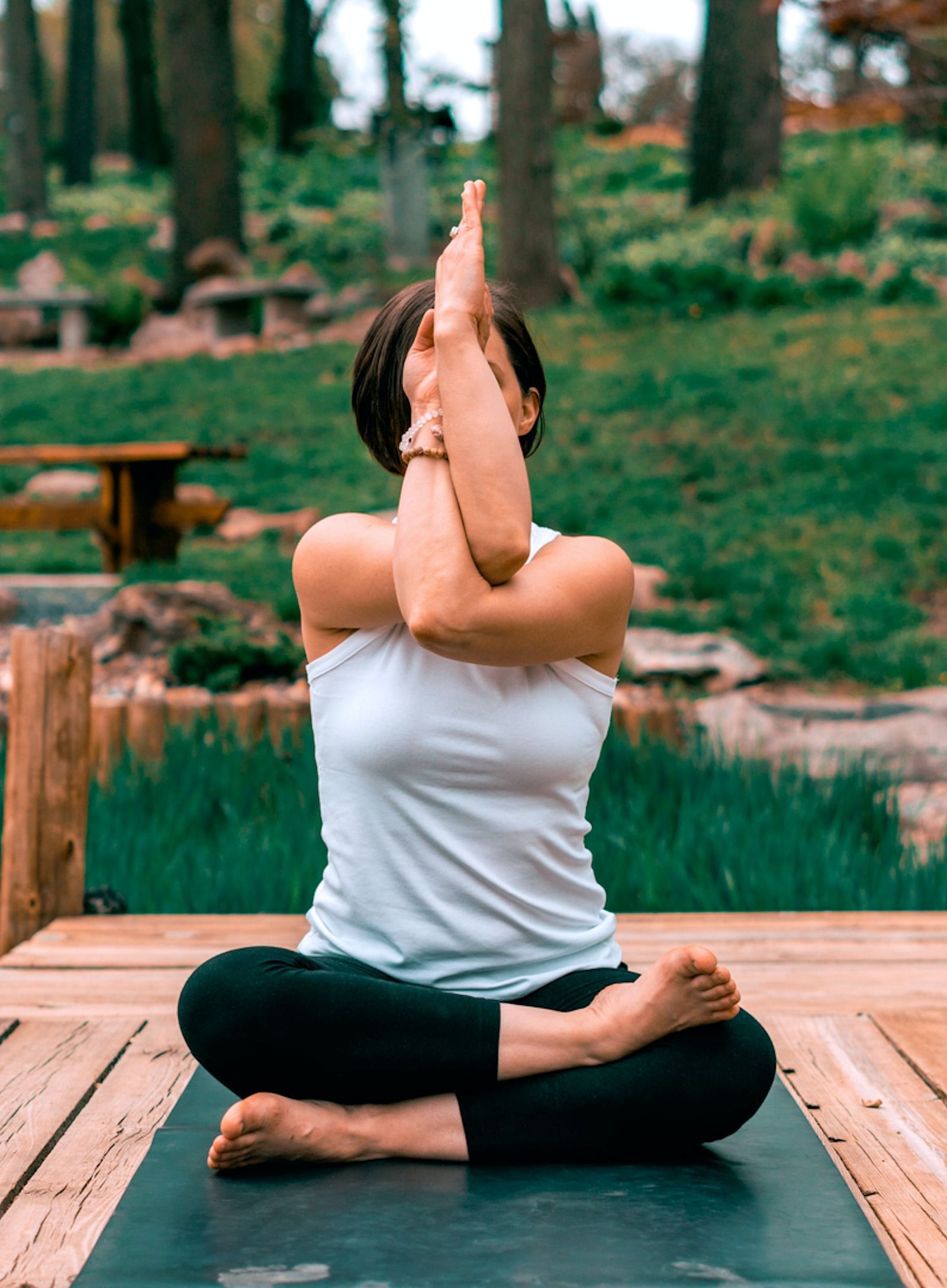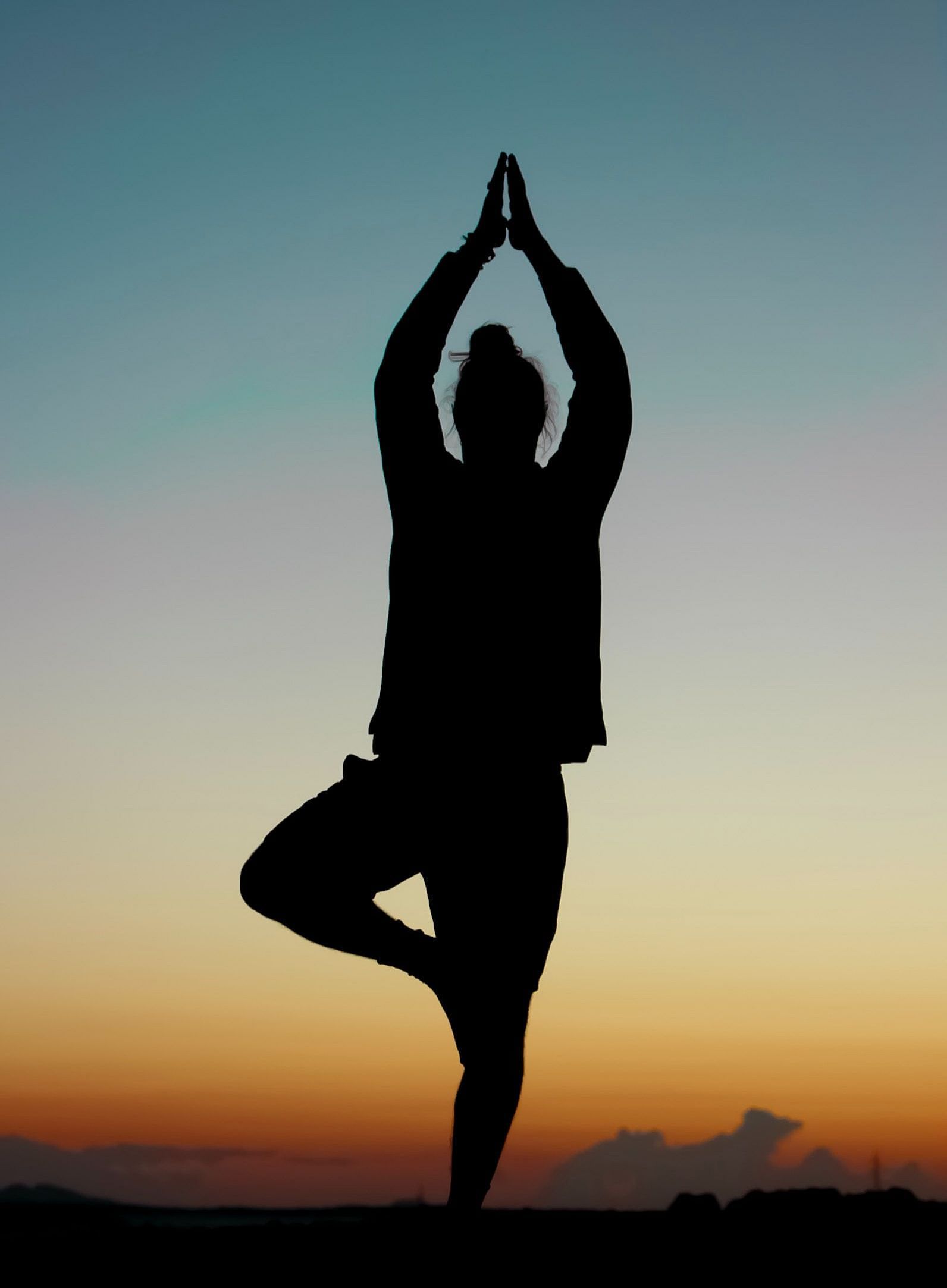
- Guided Meditation Retreat in Karnataka
- Digital Detox Retreats in India
- Jnana Yoga
- Things to Do in Gokarna with Family
- Ayurvedic Resorts in Karnataka
- Mirjan Fort
- Staycation in Gokarna
- Gokarna Yoga Retreat
- Mental Benefits of Yoga
- Best Diet for Yoga
- Beaches in Gokarna
- Gokarna 2-day Itinerary
- Yoga in Summer
- Phytoplankton in Gokarna
- Best Time to Visit Gokarna
- Dhanvantari God of Ayurveda
- Marma Therapy
- Five Elements of Yoga
- Yoga for Better Sleep
- Yoga in Winter
- Ayurveda in Winter
- Yoga Therapy for Obesity
- Stress Management with Yoga
- Yoga & Ayurveda for Diabetes
- 10 Benefits of Yoga
- Shirodhara Treatment
- Origins of Yoga
- Indulge in a Thalassotherapy Spa Treatment
- Monsoon and Ayurveda: Embracing the Season of Healing
- Nourish Your Body with a Balanced Ayurvedic Diet and Strong Agni
- 5 Reasons Why You Should Prioritize Your Wellness
- Beat the Heat with Ayurvedic Summer Drinks
- Things to do near Kumta
- Why Gamyam Retreat Should be Your Next Solo Travel Destination?
- The Healing Power of Ayurveda
- Gamyam: Offering an Adventurous and Unforgettable Experience





Origins of Yoga
Yoga is a timeless and universal practice that is a powerful symbol of humanity's pursuit of physical, mental and spiritual well-being. Although it is a worldwide phenomenon today, yoga has its roots in the ancient country of India. Yoga's development is a fascinating journey that reveals the comprehensive concepts that still serve as a source of inspiration and guidance for many people today. It is rooted in rich traditions.
The History
The Sanskrit word "yuj", which means to connect or merge, is where the word "yoga" originates. The harmonious fusion of the body, mind and spirit is the core of yoga. The earliest origin of yoga can be traced to the Vedas, the ancient Indian scriptures that laid out practises centred on meditation, self-control and moral behaviour.
Patanjali, a sage, compiled the "Yoga Sutras", the core text of the history of yoga, somewhere around 200 BCE. This collection signalled the beginning of classical yoga, which offered a methodical framework for comprehending and engaging with the various facets of yoga. The Eight Limbs of Yoga, a complete manual that included moral precepts, self-control, physical postures, breath control, meditation and finally self-realisation, were taught by Patanjali in his writings.
Types of Yoga
Among the various types of yoga, here are some of the most beneficial ones if you would like to begin practising:
- Hatha Yoga: A path that focuses on physical postures (asanas) and breath control (pranayama), aiming to balance and purify the body to prepare it for meditation.
- Bhakti Yoga: The path of devotion, where individuals express their love and devotion to the divine through prayers, rituals and selfless service.
- Karma Yoga: The yoga of action and selfless service, emphasising performing one's duties without attachment to results.
- Jnana Yoga: The path of wisdom and knowledge, seeking self-realisation through contemplation, self-inquiry and the study of scriptures.
- Raja Yoga: Often referred to as "royal yoga", this path focuses on meditation and inner control of the mind to attain spiritual liberation.
Yoga in Today's World
Given the rich history of yoga, today it has become much more than just a physical activity. It has evolved into an all-encompassing way of life that encourages mindfulness, self-awareness and a strong bond with one's inner self. People of different ages and backgrounds are taking up yoga in studios and on retreats as a way to reduce stress, increase flexibility, correct posture and cultivate inner serenity.
The development of yoga's philosophy, practice and transformation has been a long journey. It has provided a way to solve the problems of both ages, bridging the gap between conventional wisdom and contemporary lifestyles. Yoga continues to be a potent instrument for self-discovery and personal improvement due to its versatility and significant effects on general well-being. At Gamyam Beach Resort, indulge in a range of wellness programs and offers that will make your stay in Kumta a memorable and rejuvenating affair.